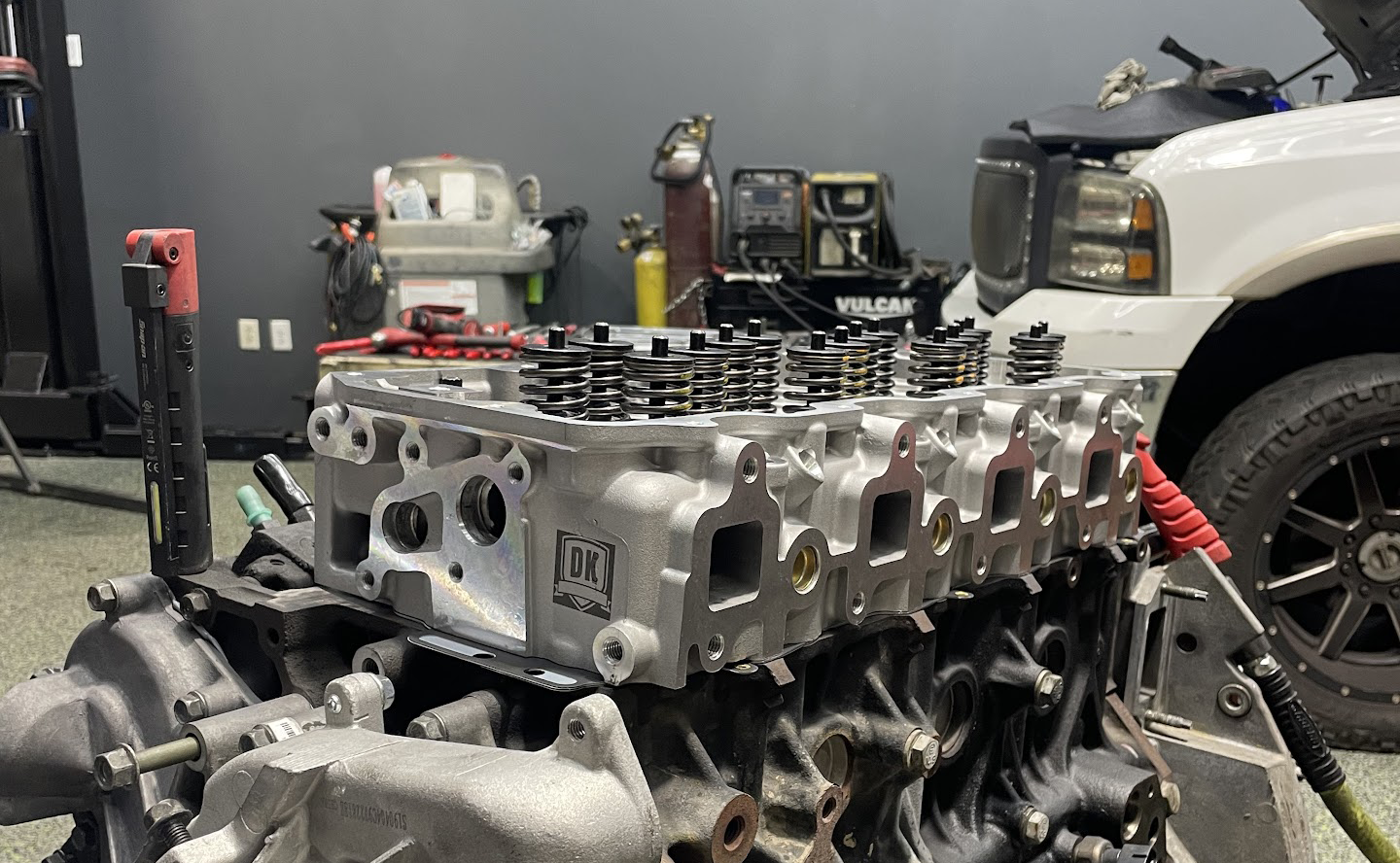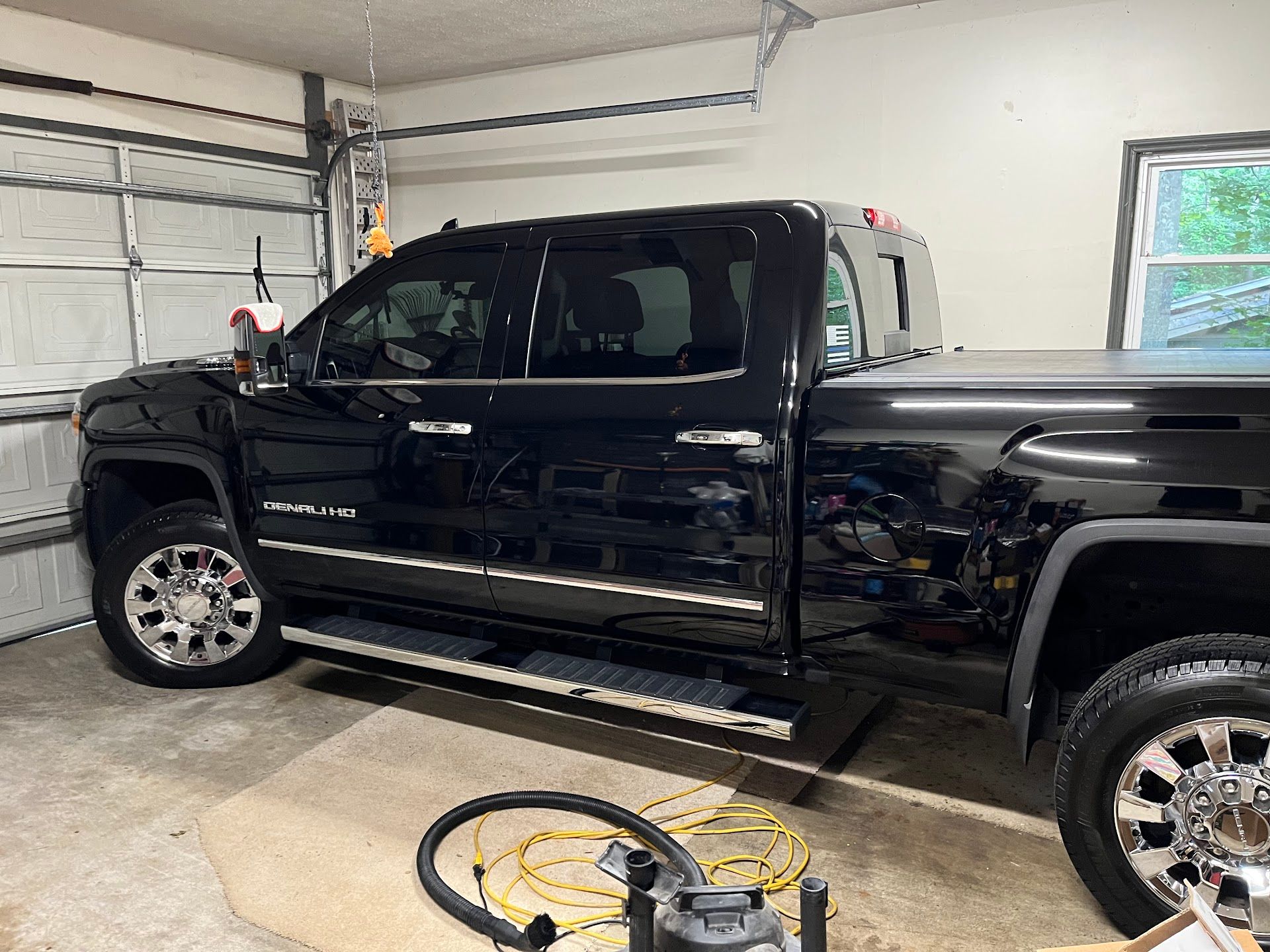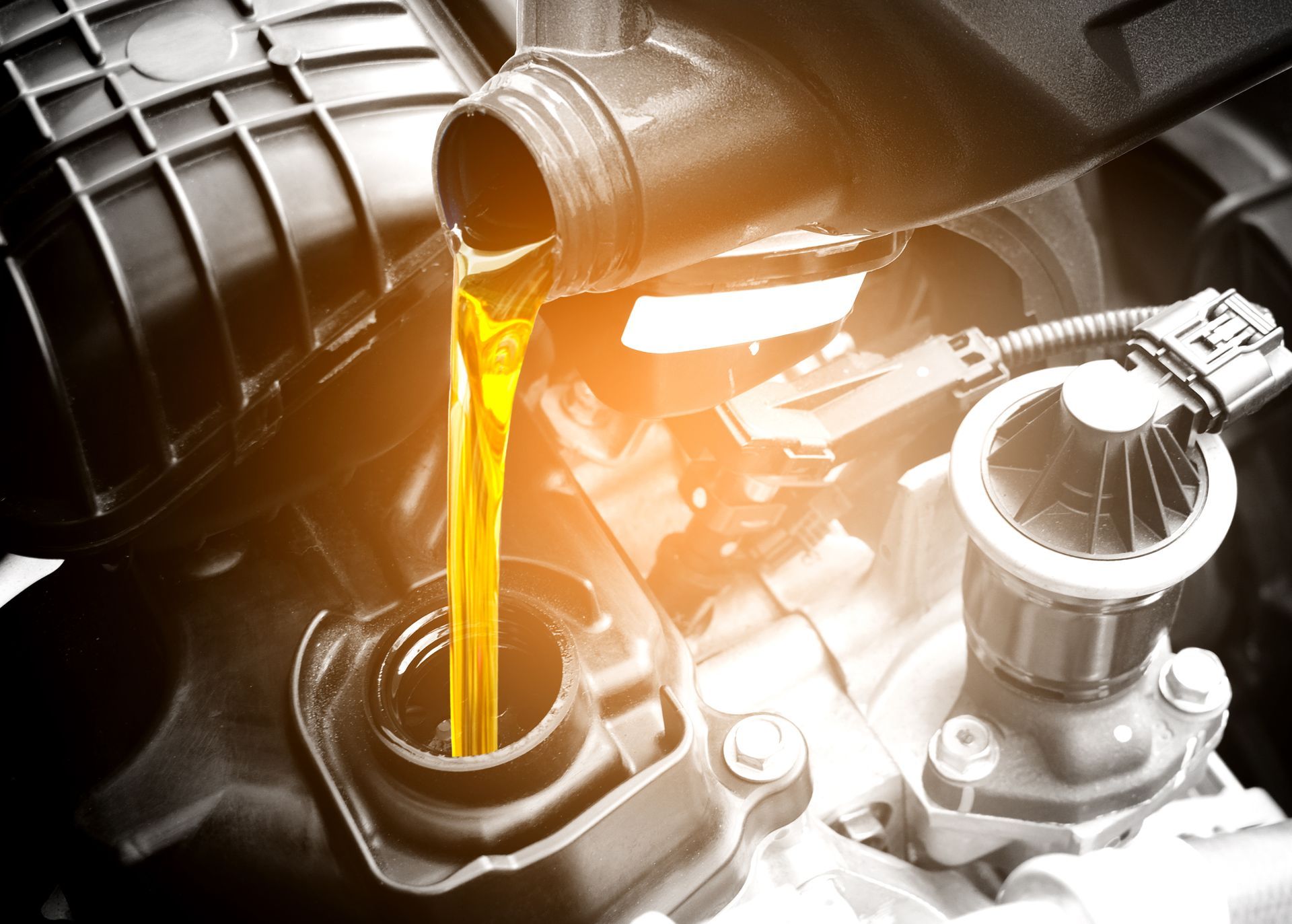When it comes to maintaining the efficiency and reliability of your diesel engine, understanding the role of glow plugs and their servicing is crucial. At Diesel David Inc, located in the heart of Woodstock, GA, we pride ourselves on providing expert automotive care, specifically featuring our specialized glow plug service. In this article, we'll delve into what glow plugs are, why they are essential for diesel engines, and how regular maintenance can benefit you.
Understanding Glow Plugs: The Basics
Glow plugs are an integral component of a diesel engine, particularly important during the cold starting phase. Unlike gasoline engines that rely on spark plugs, diesel engines depend on glow plugs to preheat the combustion chamber and ensure smooth starting. This is vital in promoting effective combustion, reducing emissions, and enhancing fuel efficiency. In Woodstock, GA, where we occasionally face cooler temperatures, a well-functioning glow plug can make all the difference in your diesel vehicle’s performance.
Signs That Indicate Glow Plug Issues
Recognizing when your glow plugs need attention can prevent future engine troubles. Common signs include difficulty in starting the engine, especially in cold weather, loss of power, excessive smoke emissions, or the engine warning light being illuminated. At Diesel David Inc, we recommend regular inspections to avoid these issues from impacting your everyday drive.
The Importance of Regular Glow Plug Service
Regular maintenance of your glow plugs ensures that your diesel engine operates at its peak performance. At Diesel David Inc, we emphasize that timely service can prevent costly repairs down the line. During a glow plug service, our expert technicians in Woodstock, GA, conduct a thorough check to identify any malfunctioning components. This not only extends the life of your engine but also contributes to optimal fuel consumption and lower emissions.
What to Expect from a Glow Plug Service at Diesel David Inc
When you bring your vehicle to our shop in Woodstock, GA, for a glow plug service, you can expect a comprehensive approach. Our skilled technicians will conduct a diagnostic check to ensure the glow plugs and all related components are functioning correctly. We take pride in our meticulous process, utilizing the latest tools and technology to guarantee accuracy and reliability.
Empowering Diesel Owners with Knowledge
At Diesel David Inc, we believe in empowering our customers with the knowledge they need to make informed decisions about their vehicle maintenance. We encourage you to familiarize yourself with the needs of your diesel engine and to consult with us for any questions. Our commitment to customer education is part of our dedication to exceptional service in Woodstock, GA.
Conclusion: Trust Diesel David Inc for Your Automotive Needs
Glow plug service is a vital aspect of maintaining your diesel vehicle's performance and longevity. With Diesel David Inc, you have a reliable partner in automotive care right here in Woodstock, GA. Our expertise and dedication ensure that your vehicle receives the service it deserves. We invite you to visit us today to experience the Diesel David Inc difference.
At Diesel David Inc, we don’t just fix cars; we provide peace of mind. So, whether you suspect your glow plugs need inspection or you’re due for maintenance, rest assured that our team is ready to assist you with professionalism and care. Join our community of satisfied customers and drive with confidence!









